The spokesperson of the Catalan Refugee Aid Commission, Pascale Coissard, tells us about the situation experienced by many refugees and the task carried out by her organisation to defend their rights.
1.What is the mission of your organisation?
The Catalan Refugee Aid Commission aims to defend the right to asylum and the rights of refugees and immigrants. At the Commission we question the purported voluntary nature of migrations and we want to open a debate on the different forms of persecution and human rights violations that require some sort of protection. We carry out this task via two main lines of action, in order to offer a global and comprehensive response: providing assistance through social, legal and occupational programmes; and defending rights by doing advocacy at a political and social level, and through participation.
2. Which would be the main challenge, and the main obstacle, when you do your work?
We currently encounter many difficulties to help meet the housing needs of asylum seekers. In the second stage of the programme, we accompany people in their inclusion and search for housing, but rental prices today are too high. Furthermore, refugees are penalized in two ways: on the one hand, due to the lack of affordable rental property and, on the other hand, because they are foreigners, access to housing becomes more difficult.
3. What kind of assistance can a refugee find in your organisation?
We work to offer a comprehensive welcoming. This includes assistance to find housing, learning languages, workshops to learn about the new society they are joining, assistance for the first administrative procedures…At a second and third stage, we follow-up on the person’s social, training and labour situation, if necessary. One of our strengths is networking, beyond doubt; it allows us to respond to the concrete and individual circumstances of every person. The organisations and institutions around us, as well as some private enterprises, are committed to help refugees.
4. How many monthly asylum petitions to your receive at your organisation?
The number of requests for information at our office has surged. From the start of the year we’ve been getting around 140 people a month looking for information on international protections, and we en up accepting 80 of these requests every month. The situation is totally different from last year’s when, on average, we were getting around 55 people coming to us every month asking about international protection.
5. What is the profile of asylum seekers?
Right now, the asylum petitions are mostly coming from citizens from Venezuela, Honduras and El Salvador, mainly. These three nationalities were already very present last year, but we’ve seen how the number of applications for people from Syria has dropped; not because the conflict in the country has improved, but because it is more difficult for them to access international protection. They encounter growing difficulties to reach the asylum office in Melilla and there is no other safe and legal way of starting the asylum procedure. Also, Spain still demands a transit visa for Syrian nationals.
6. Are the rights of refugees being respected in Spain?
“Everyone has the right to seek asylum”, says the Universal Human Rights Declaration. But what happens when you have no access to it? The main problem has to do with having access to this right. If we deny access to a safe territory, we are also denying the other rights of people who are precisely escaping from human rights violations. Fortress Europe is mainly accountable for the 1,800 deaths in the Mediterranean, the deaths of people who were only seeking access to their rights.
7. Are we aware of the reality in which people fleeing their homes and arriving in Europe are living?
We are aware, but I’m not certain we’re aware of the diversity of people who are forcefully displaced. At the CCAR we have assisted people of more than 50 different nationalities. The media attention focusing on the Syrian crisis, which is the one leading to a greater number of displaced people, has dwarfed the reality of other forgotten conflicts and other human rights violations happening in other countries. Some countries aren’t experiencing an armed conflict, but the human rights of certain social groups are not respected. We have to realise that every person has a different story behind, even if they come from the same country and are fleeing the same persecution; consequently, we must provide them with the best social inclusion according to their profile.
8. Are the public institutions starting to do something to solve the refugee’s dramatic situation?
Yes and no. We see local initiatives prospering, with a high commitment from the institutions, which has allowed mitigating some of the shortcomings at other levels, but on the contrary, we are witnessing how Spanish borders are gradually closing. Since 2011, when the Syrian conflict started, Spain requires Syrian nationals to have an airport transit visa, thus limiting their possibilities to seek asylum. At a European level, we see Fortress Europe moving ahead, externalising its borders to countries that don’t precisely safeguard human rights, such as Libya and Morocco.
9. Will Spain finally fulfil its commitments in terms of reception?
It is about relocating and resettling. These two processes aim to balance the tasks of migrant reception among the different countries in the world: we already know that a majority of refugees are received in impoverished countries like Pakistan, for instance. Today, with the commitment taken on by Spain in 2015, which should be fulfilled by September 2017, only 7.5% of those that are to be relocated and resettled have reached the country.
10. How do you value that Catalonia is determined to have a Catalan Refugee Plan?
It’s extremely positive. We must reinforce the reception of refugees in our society. The involvement of actors such as the Catalan Government and Catalan municipalities is essential, since these are the actors that refugees have to deal with on a daily basis: healthcare services, employment, social services, assistance to citizens, census registration…
11. Has the response by citizens to the problem of refugees been sufficient?
The response given by the Catalan society has been extraordinary. The proof of this was the rally in February, organised by Casa Nostra Casa Vostra, which was the largest demonstration demanding the reception of refugees in Europe. This involvement of civil society is essential if we want to change the laws. However, our concern now is finding a way of keeping up this solidarity in the mid and long term. We are already seeing less coverage in the media, although we’ve reached a record high in the number of forcefully displaced people around the world. We need our society to remain committed in the long term.

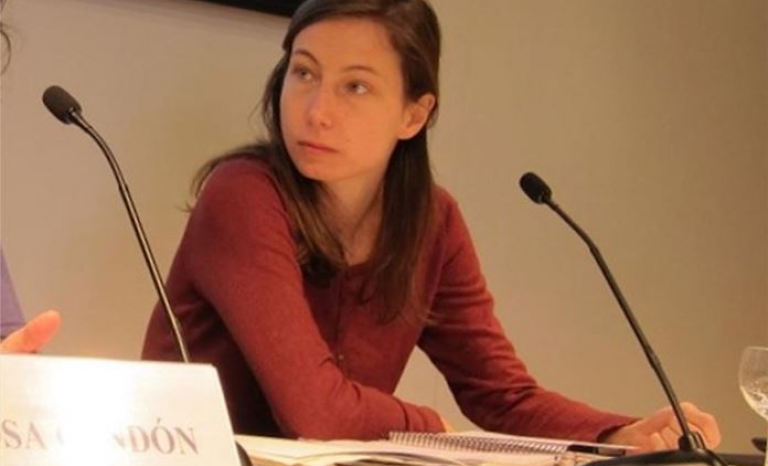
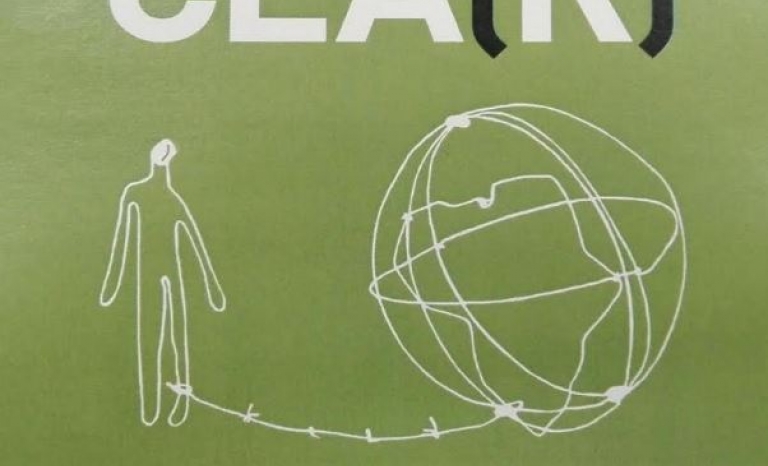
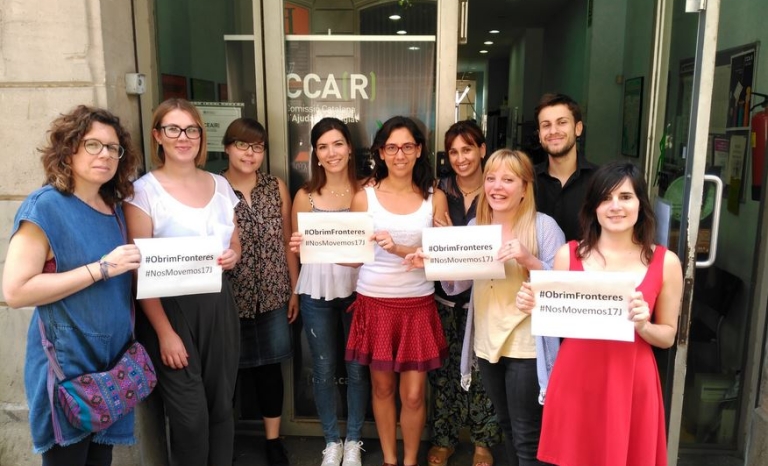
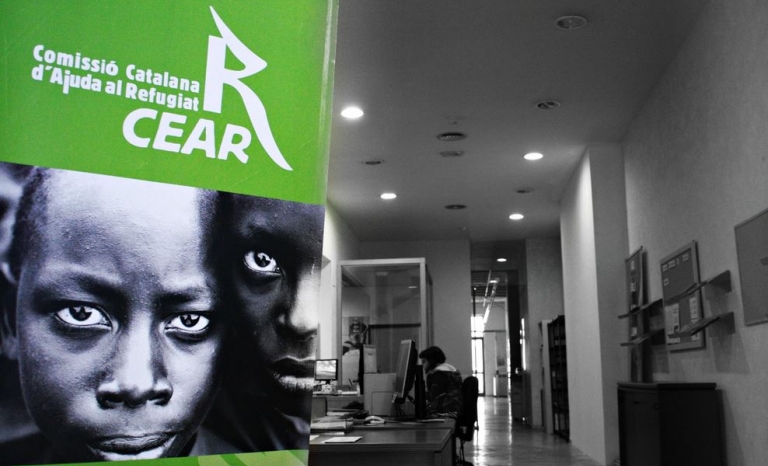
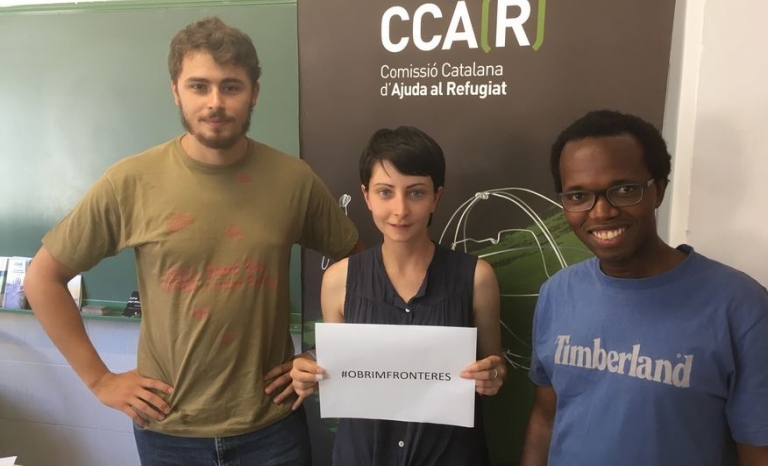
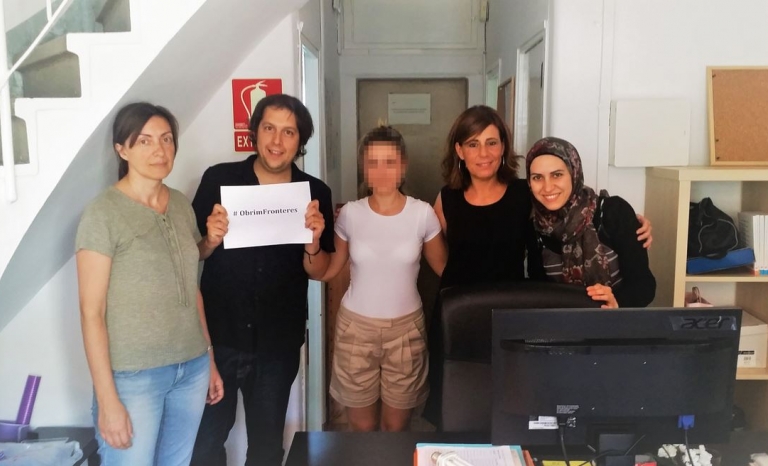
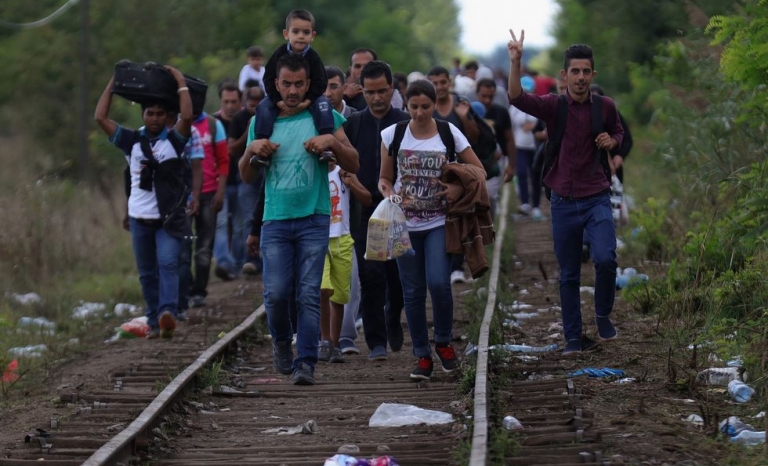
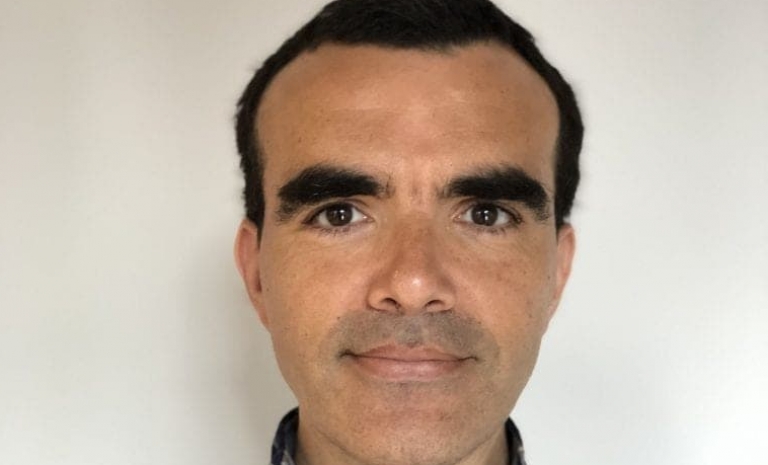
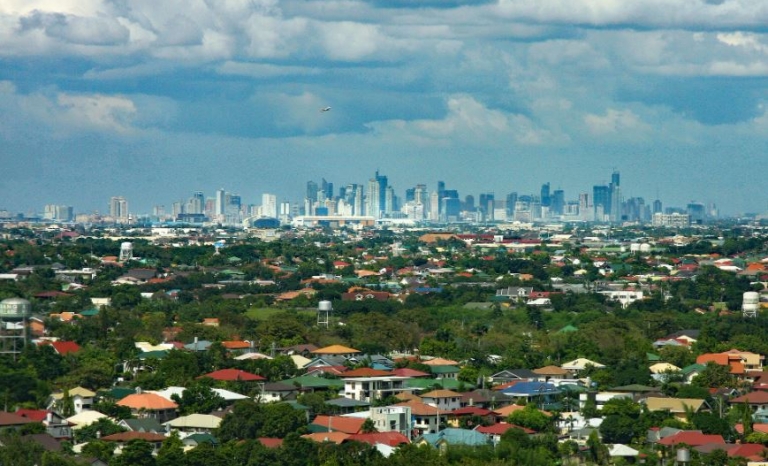
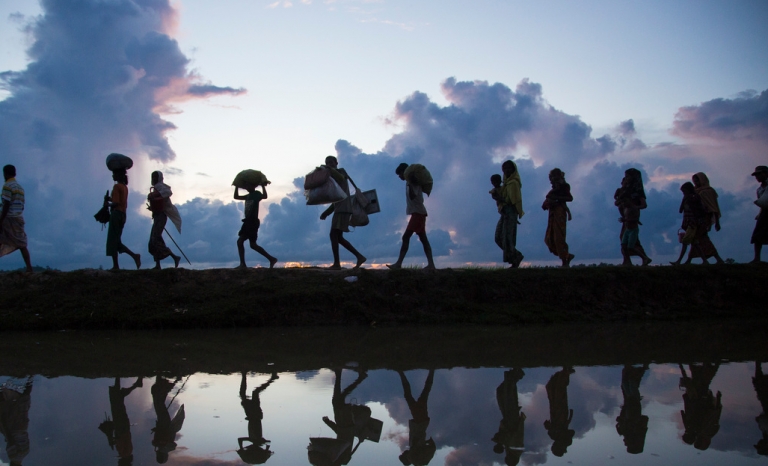
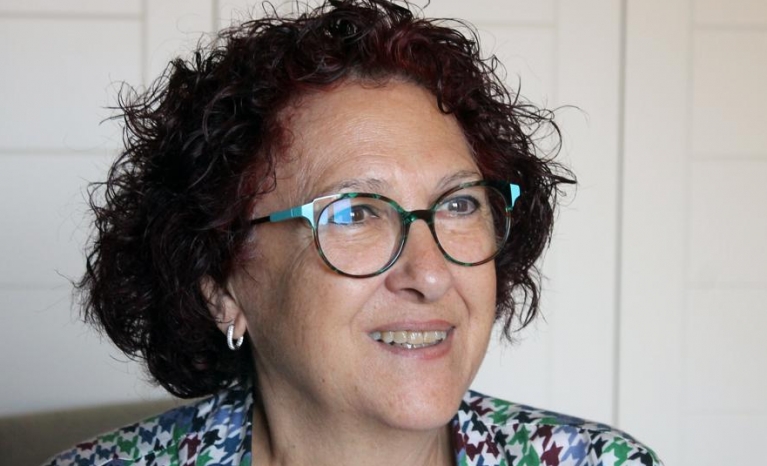



Add new comment